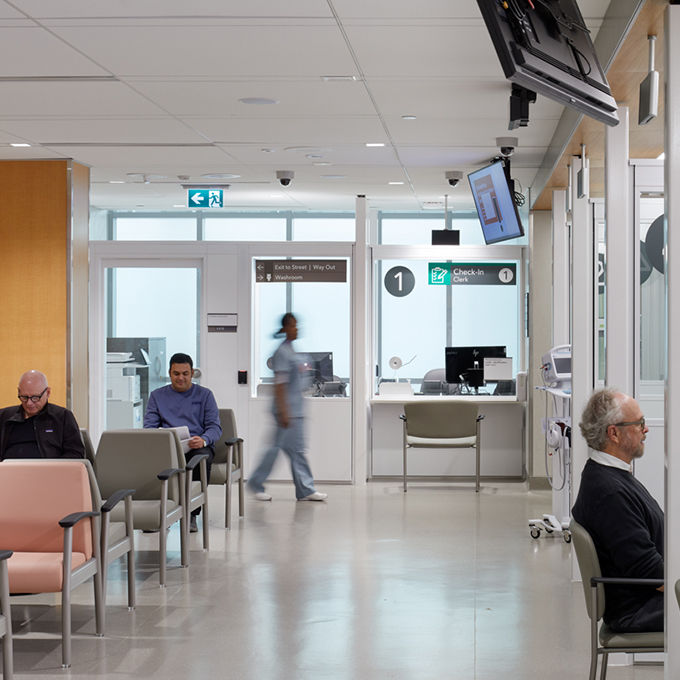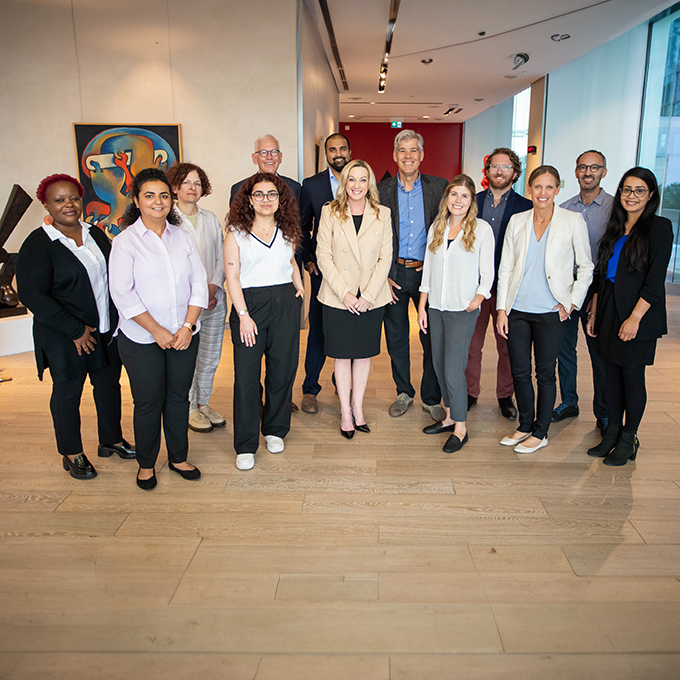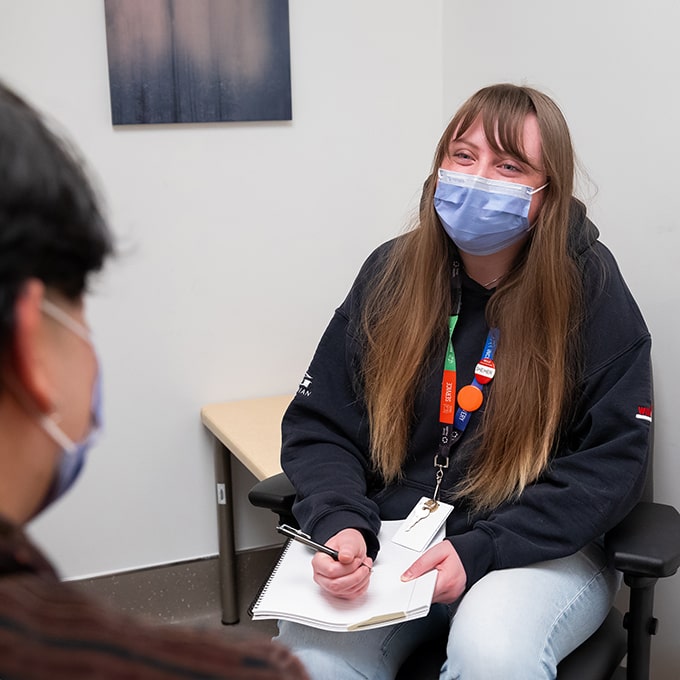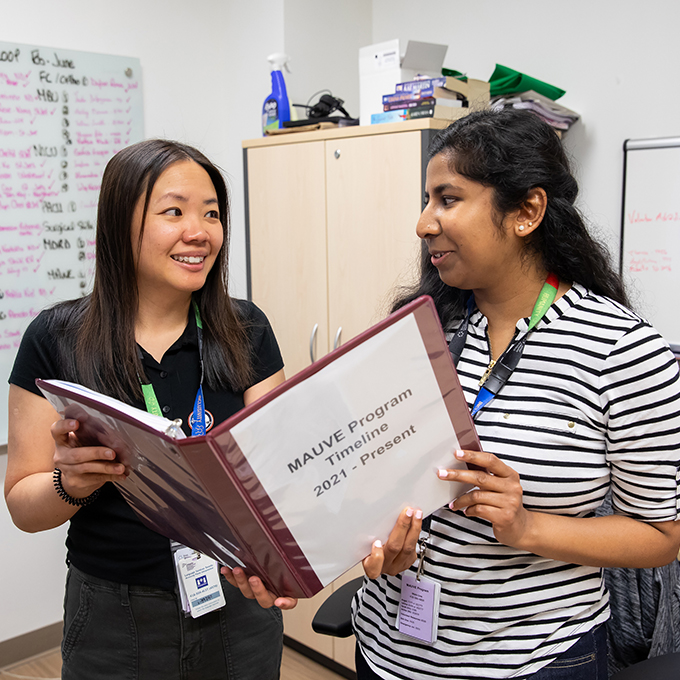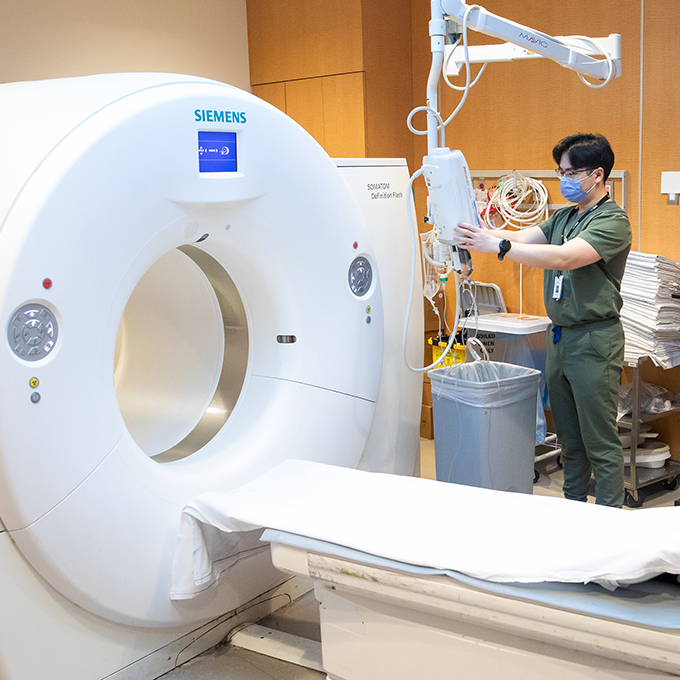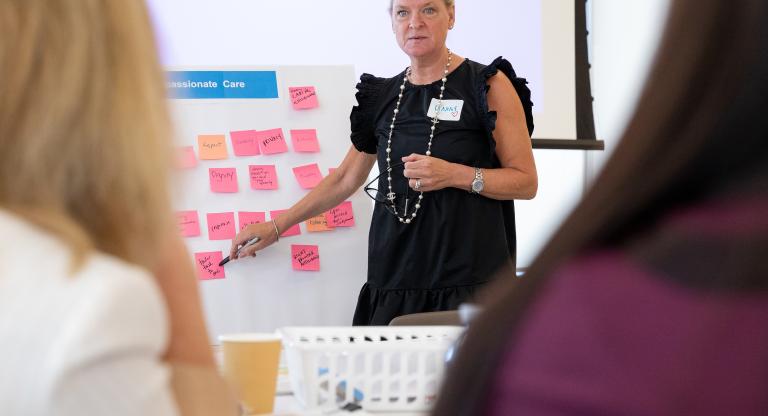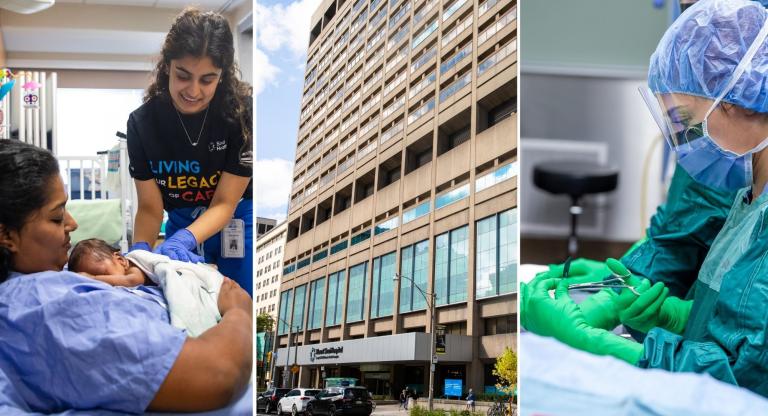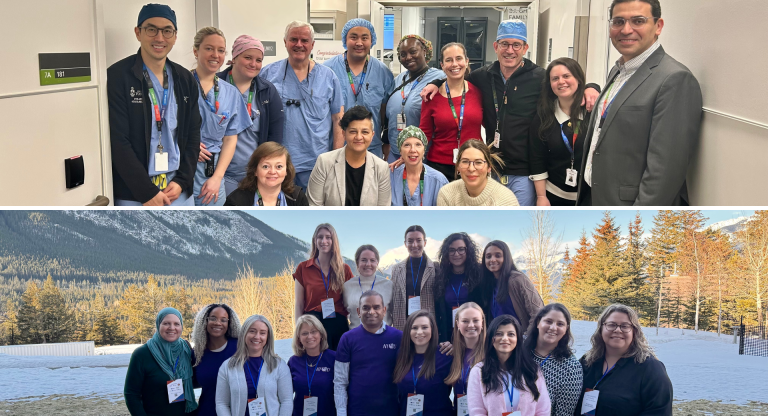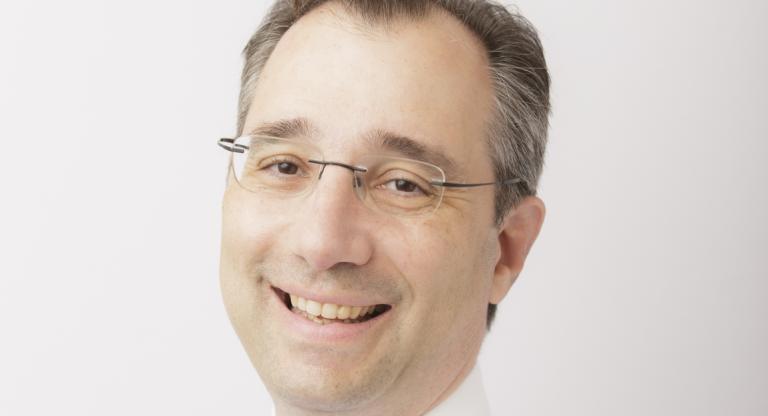A spotlight on Emergency Medicine
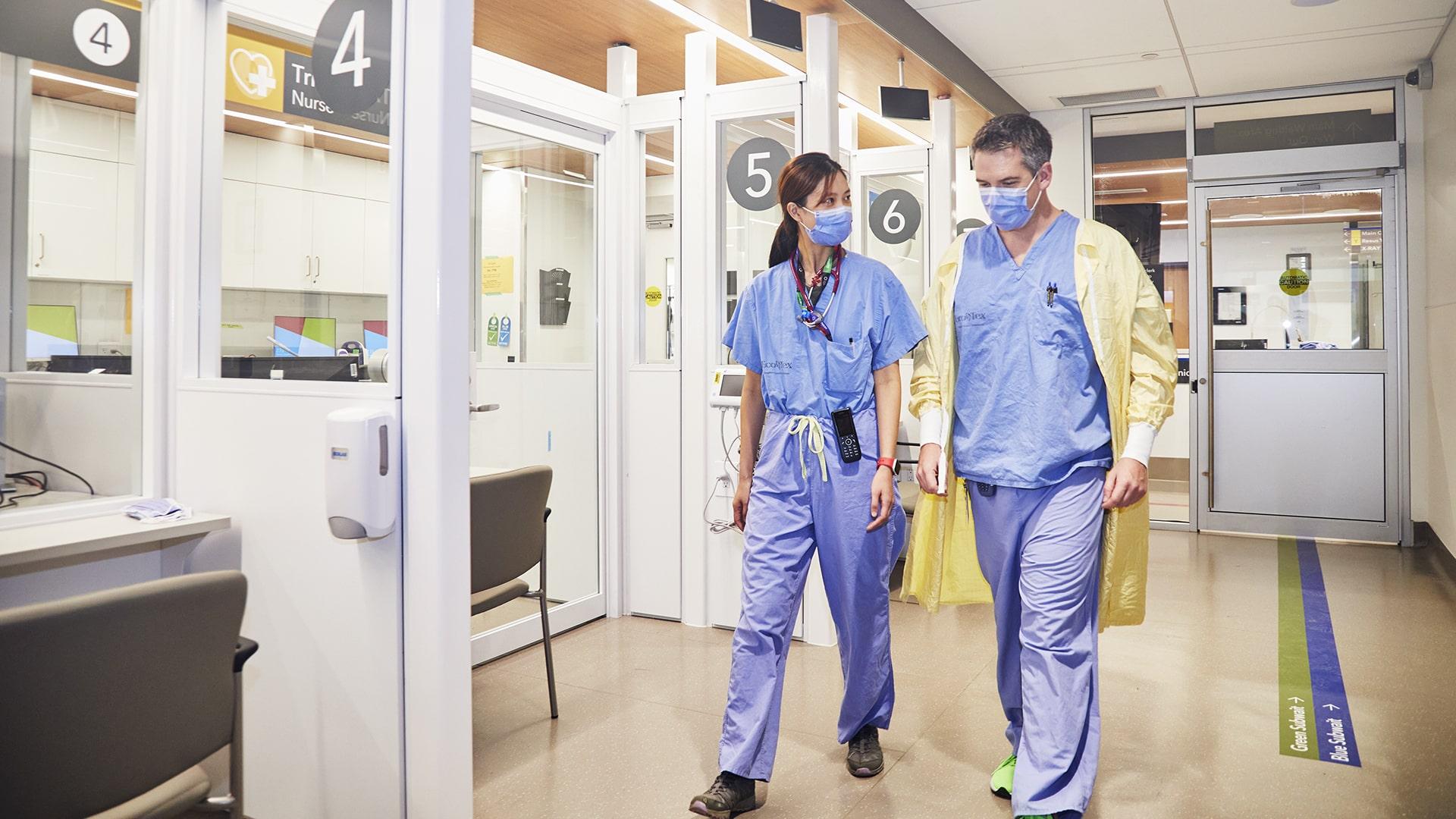
The newly redesigned Schwartz/Reisman Emergency Centre is a leader in specialized and innovative emergency care.
For many patients, a hospital’s emergency department (ED) is the first point of entry into the health-care system. At Mount Sinai Hospital, a team of physicians, nurses, and other health-care providers treat urgent and life-threatening injuries and illnesses 24 hours a day, every day of the year. This team also provides specialized emergency care in geriatric medicine, mental health care, and early pregnancy care.
Collaboration and teamwork are essential in the fast-paced environment of an ED, where clinical and non-clinical staff continuously evolve to meet the changing needs of the community, while navigating the broader challenges facing the health care system. Their dedication, creativity, and adaptability have fostered a culture of innovation and patient-centred care at Sinai Health.
Our leadership in:
Emergency Medicine
Early pregnancy care provides timely assessments, expert treatment, and compassionate support. A dedicated team addresses both the physical and emotional needs of patients, ensuring the highest standard of care.









